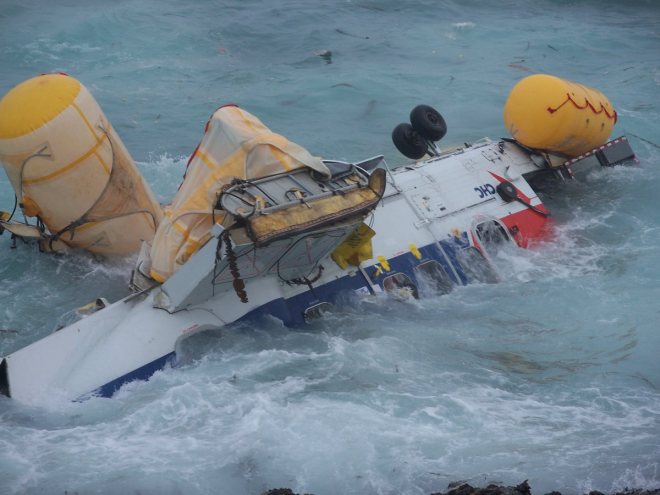Concerns over CAA plans to curb helicopter fatalities

Concerns have been raised over new measures by the UK’s Civil Aviation Authority to curb North Sea fatalities involving helicopters.
The body representing the oil and gas industry says new regulations demanded by the CAA could do more harm than good.
Oil and Gas UK’s health and safety director, Robert Paterson, insisted plans to introduce changes aimed at improving safety from June onwards may bring delays in other “critical” offshore maintenance programmes.
A far-reaching review by the CAA called in February for
the introduction of new seating arrangements along with restrictions on passengers’ size.
It also called for new flotation measures to be introduced.
Mr Paterson said: “Oil & Gas UK is working with our members to assess the impact on safety of the CAA (Civil Aviation Authority) Review.
“Like the CAA, our primary focus is to create and maintain a safe environment for our industry to operate in. If the specific areas addressed in the CAA report are implemented in the right way, they will further improve the safety of helicopter operations in the North Sea.
“We believe that the CAA’s proposed timescale does not take into account the full risk picture for offshore workers. For example, Oil & Gas UK is concerned that limiting helicopter seating capacity from June could lead to this summer’s planned safety critical maintenance programmes for many installations being postponed until 2015. We are working with our members and the offshore workforce as matter of urgency to quantify the wider safety impact of the CAA review and will share these findings publicly and with the relevant authorities.”
The concerns have been raised in evidence to a separate inquiry being held by the House of Commons Transport Select Committee.
Union representatives have already called for a full public inquiry into offshore helicopter safety.
It follows a series of helicopter crashes in the North Sea, including the latest incident off Sumburgh in August last year, which claimed the lives of four people.






Ali Inkster
Far better they do something about keeping the damn things in the air, than worrying about how we get out when the fall out the sky. It really is like planning to close the stable door after the horse has bolted.
Dave Cooper
Am I incorrect in thinking that the energy companies keep shouting the lights will go out if they don’t get our own way.